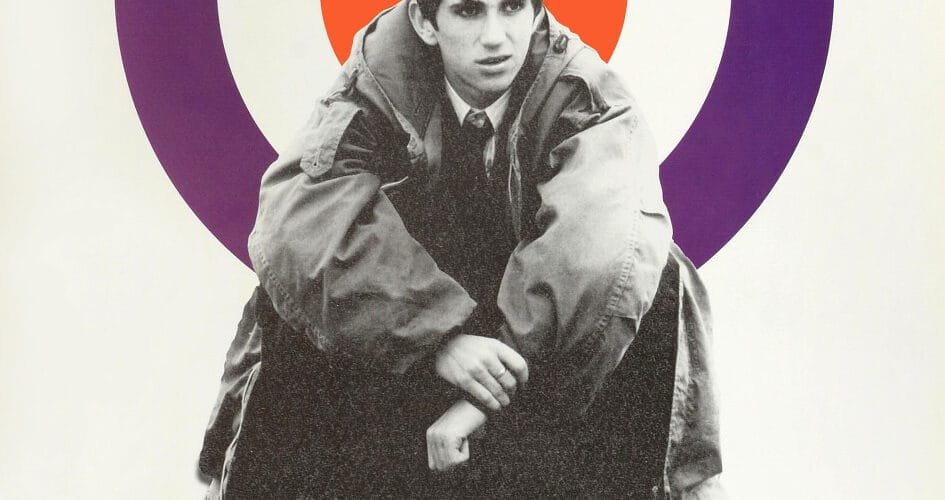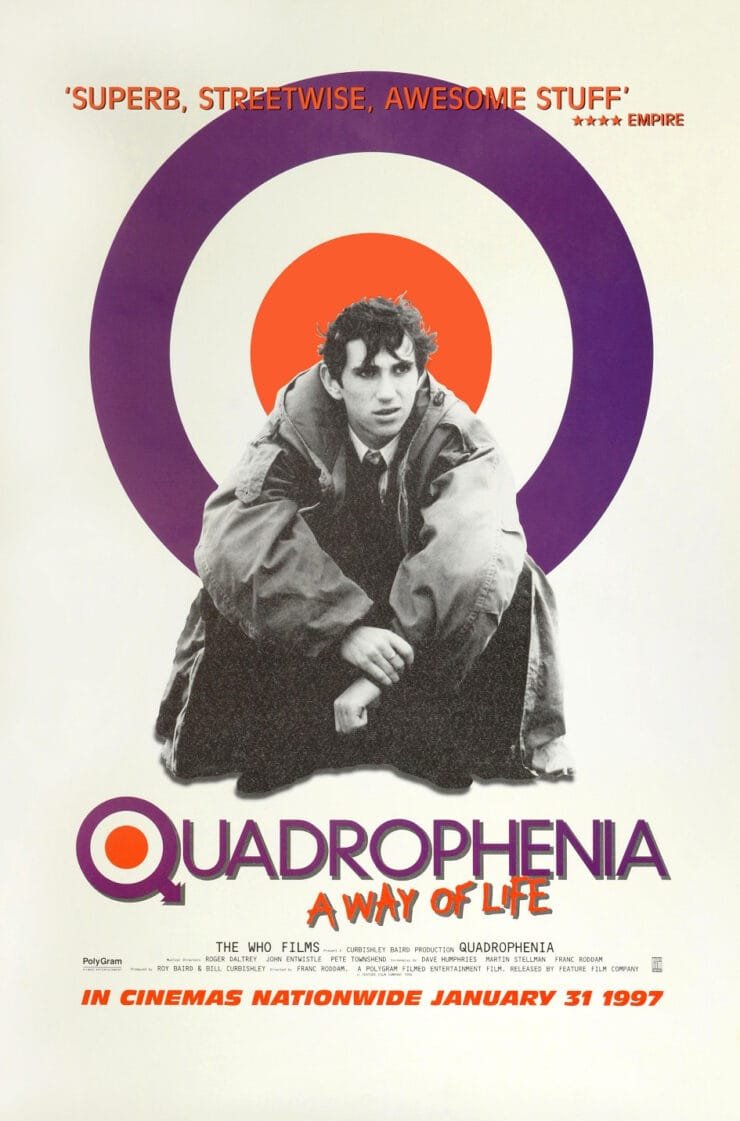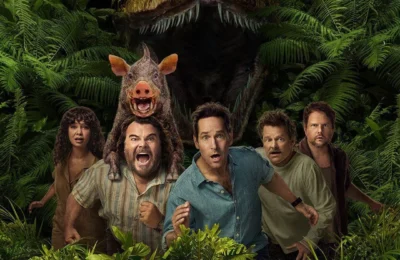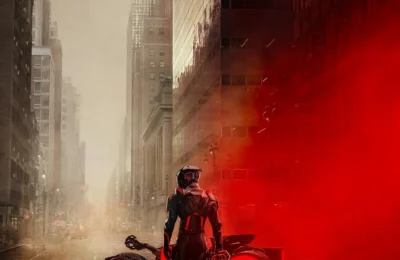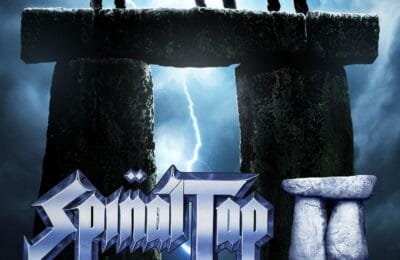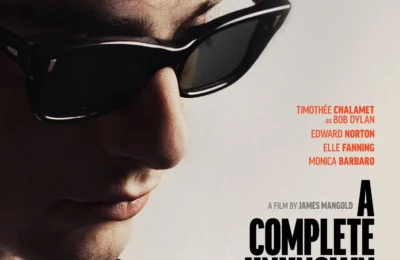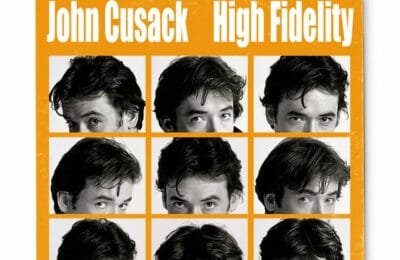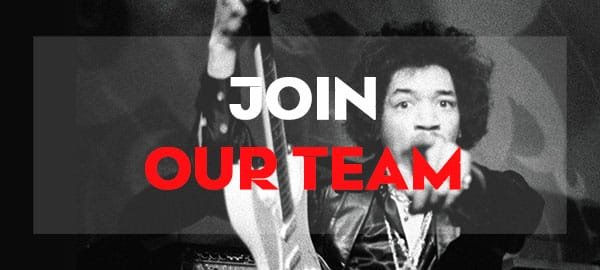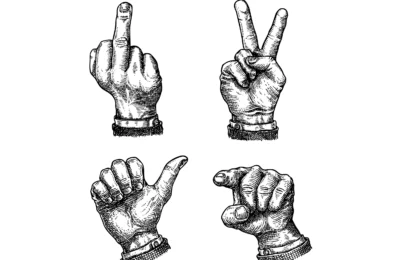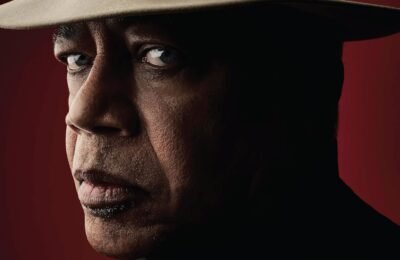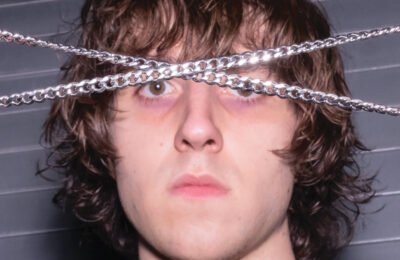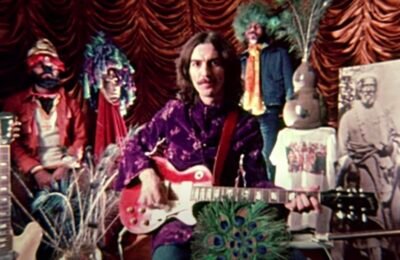It’s 1979, and the Cannes Festival premieres a movie about parkas, scooters, and a working-class young boy in search of his own identity. Quadrophenia, the movie adaptation of The Who’s 1973 rock opera, revisits a piece of British history: the Mod vs. Rockers riots, which supposedly threatened the very fabric of ol’ Albion’s society in the mid-1960s… If you believe some newspapers at the time, that is.
Mods vs. Rockers
It comes down to two not-so-different subcultures: Rockers and Mods. Both stem from the working class, and both experience the same social difficulties. They are growing up in a country busy rebuilding itself after the trauma of WWII and are often misunderstood by their parents. Society expects these young people to live up to the sacrifices that were made so they could have a chance at a better life. But of course, they all aspire to more.

The Rockers are usually a bit older. They love motorcycles and leather-based protective outfits. They listen to rock ‘n’ roll or rhythm and blues from the likes of Eddie Cochran, or Gene Vincent… The Mods are more interested in the latest trends—designer suits, parkas, and scooters outfitted with numerous front lights and side mirrors. They listen to jazz, soul, ska, or blues-based bands like The Yardbirds, The Small Faces… or The Who.
For a while, the Rockers, outnumbering the Mods, tended to bully them—until the Mods grew enough in number to tip the scale and fight back. This is what ultimately happened in 1964. During the Easter weekend, conflicts broke out in Clacton and Hastings. A few weeks later, round two took place in Brighton and again in Hastings over the Whitsun weekend. These became famous as the “Battle of Brighton” and “The Second Battle of Hastings.”

Moral Panic on the Front Page
Many newspapers at the time made a big deal out of it. They reported clashes of “disastrous proportions,” involving thousands of young “vermin” and “mutated locusts wreaking untold havoc on the land.” An editorial in the Birmingham Post painted them as “internal enemies” who would “bring about the disintegration of a nation’s character.” Nothing less. In contrast to these apocalyptic reports, The Guardian simply wrote: “The battles, while real, came far short of total war.”

The Movie
The movie, is set in 1964, shortly after some riots between Mods and Rockers during the Easter weekend. It follows Jimmy (played by a very convincing Phil Daniels), a young Mod trying to figure out life between his family, who couldn’t understand him less, and a dead-end job delivering mail in an advertising agency. His only escape is among his Mod friends—swinging fancy tailored suits, popping blue pills, crashing parties, and navigating the streets between clubs on their pimped-up scooters.
Finding a Sense of Belonging
One of the key moments of the movie is an exchange Jimmy has with his childhood friend Kevin (Ray Winstone). Kevin happens to be a Rocker. He doesn’t give a “monkey’s arse” about this Mods and Rockers nonsense. In the end, he thinks that underneath it all, they’re the same. He joined the army for the same reason Jimmy wants to be a Mod: to be different. Ultimately, he learned an important life lesson. “No matter where you go, or what you do, there is always some cunt with Stars and Stripes to push you about.” Being a Rocker or a Mod makes no difference in this social dynamic—both sides are at the bottom of the ladder, and he knows it.

Jimmy has yet to learn this for himself. Even though it’s right under his nose. No matter what he does, it is never good enough. His parents and boss don’t understand him and belittle him, always expecting him to be ‘normal.’ Even in his social group, the girl he fancies, Steph (Leslie Ash), keeps ignoring all his attempts to impress her. Meanwhile he himself ignores Monkey (Toyah Wilcox), who seems to like him for who he actually is.
This misplaced sense of belonging leads him into a downward spiral. When one of his friends is beaten up by some Rockers, Jimmy takes part in a retaliation attack on the first Rocker they find and proceeds to beat him to a pulp. It turns out to be Kevin—his only real friend. He also ends up robbing Monkey’s pharmacy with some friends to get a supply of blue pills for the group and to gain Steph’s favour.

Battle of Brighton
Jimmy and his gang of Mods eventually go to Brighton on the Whitsun holiday weekend for a big Mod gathering. As events unfold, we see Jimmy in a sea of young Mods, all dressed the same, chanting “We are the Mods! We are the Mods!” as they walk down the promenade. They then chase groups of Rockers onto the beach, ending up in fights, hitting each other with deckchairs. As the police corner the hordes of Mods and Rockers alike in the streets, Jimmy and Steph manage to hide in an alley and make love while the others are fighting the police.
Jimmy is eventually caught by the bobbies as he comes out of the alley. He is taken away in a Black Maria with Mod leader Ace Face (played by Sting). Jimmy is fascinated by Ace Face. He is well-dressed, flawless, rides a shiny silver scooter… and he’s got some balls—fighting Rockers and standing up to the police. Jimmy admires how he stands tall, tongue in cheek, in front of the judge. Jimmy wants to be like him.

The Eye-Opening Downfall
When he’s released by the police, Jimmy comes back to reality. His parents kick him out of the house. Finally tired of being pushed around, and emboldened by Ace Face’s example, he tells his boss to kick rocks—and gets fired. But when he finds his friends and boasts about siding with Ace Face in court and telling his boss to stick his job where the sun don’t shine, he realises they don’t take him seriously. And to top it all off… Steph is now going out with his best friend.
His world collapses. He goes back to Brighton to retrace his last steps—where he felt closest to belonging, to measuring up to a leader like Ace Face. But when he stumbles upon him in front of a fancy hotel, Ace Face is nothing more than a bellboy—sucking up to his rich clients, eager to be of service for a nice tip. This is the ultimate disillusionment for Jimmy. He steals Ace Face’s scooter and ends up throwing it from a cliff—along with his need to belong to a group in order to be someone.

It Was Never Just About the Parkas
Quadrophenia is an intense film that goes well beyond the Mods vs. Rockers conflict. It dives deep into youth angst, identity, and the crushing realisation that fitting in doesn’t always mean belonging. Jimmy wanted to be a Mod so he wouldn’t be like everybody else — but he ends up discovering that even the icons he admired were just playing roles. His rocker friend Kevin was right all along.
Phil Daniels delivers a remarkable performance, capturing the emotional mess of coming of age in a world that offers no easy answers. And the soundtrack, of course, is excellent. The movie is not a simple musical adaptation of the album as Tommy was in 1975. Only ten out of the seventeen tracks of the album find their way in the movie. Most of them were remixed by John Entwistle for the occasion. The Who leave their fingerprints throughout — from Townshend’s portrait on a wall to a deluxe set of The Who Sell Out and A Quick One — adding layers for the fans. Even the inclusion of anachronistic tracks like “My Generation” or “Anyway, Anyhow, Anywhere” feels like a fitting nod to the band’s mythos.
Like the scooter crashing off the cliff, Quadrophenia ends with a bang — a release of identity, illusion, and everything Jimmy thought he needed to be. It’s not just a coming-of-age film. It’s a coming-to-terms one.
